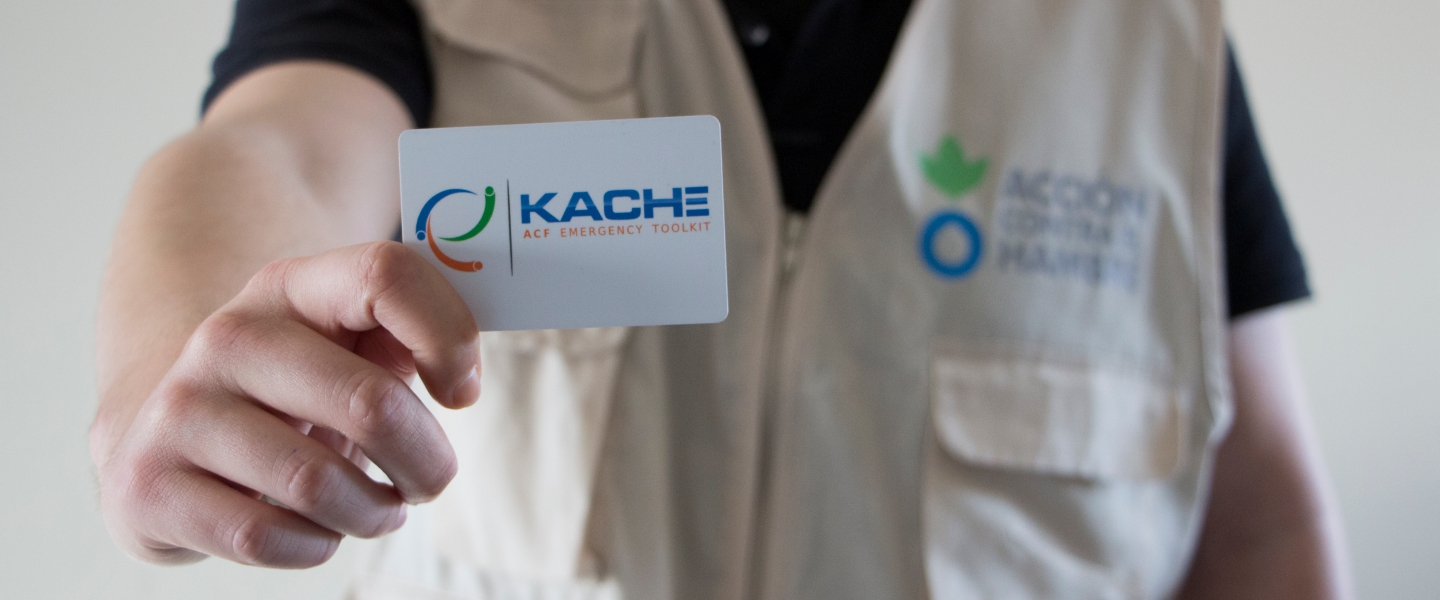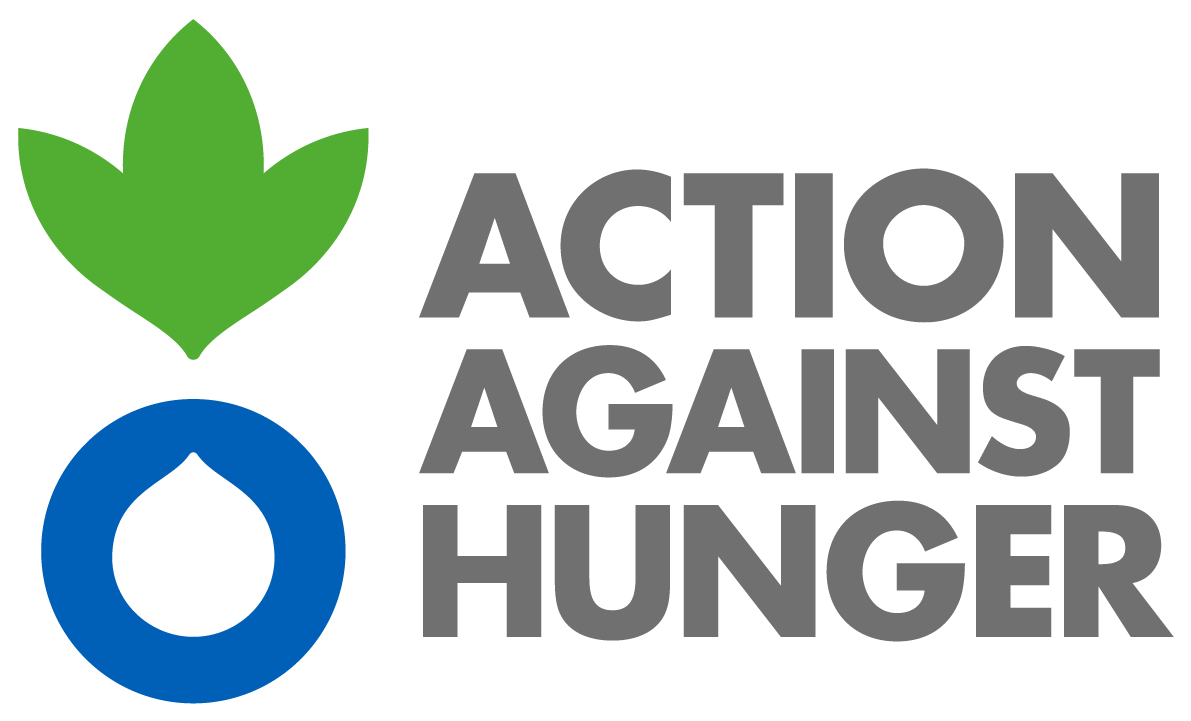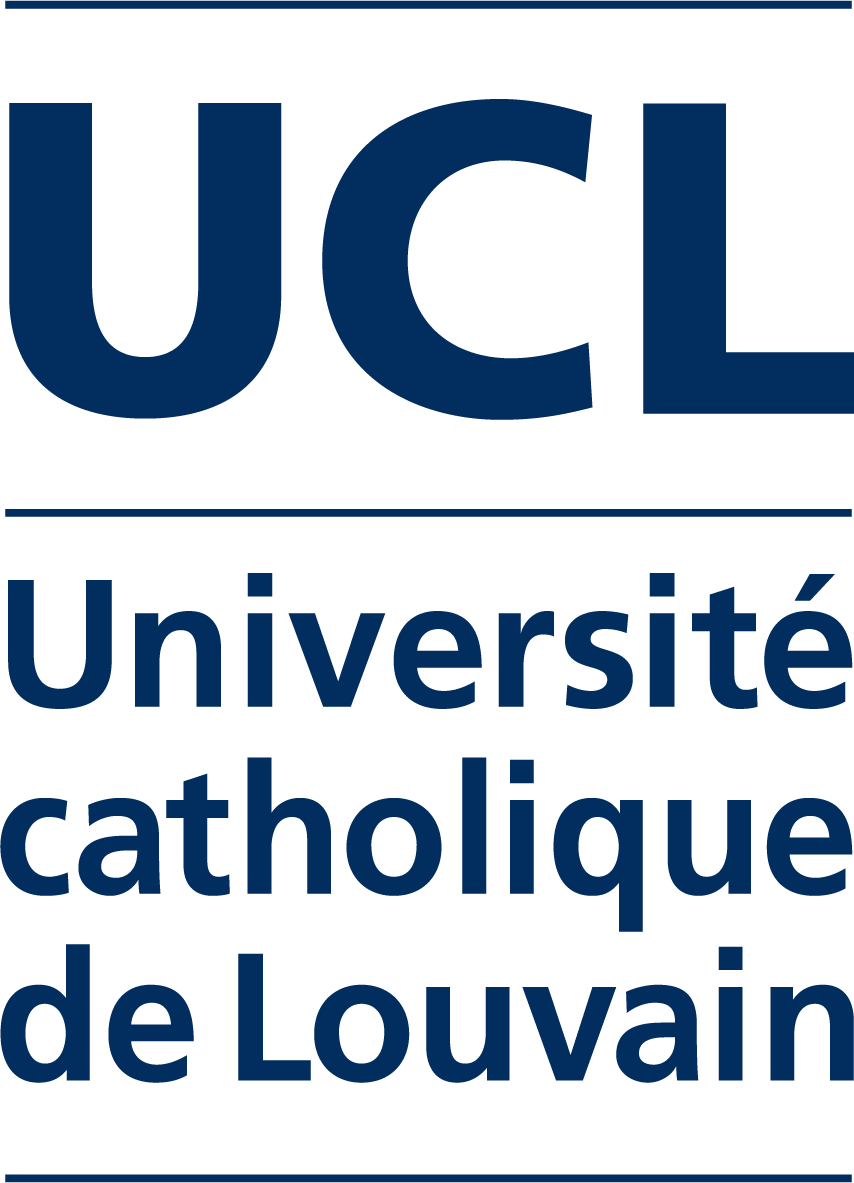

This training course will allow you to build your capacity in a Cash Transfer Program (CTP), design and implementation skills, to share recent research and learning and encourage advocacy and coordination in CTP.
 |
 |
 |
 |
Providing refugees with cash enables them to fulfil their needs in a dignified manner and contributes to the local economy. Cash-based intervention helps providing protection, assistance and services to the most vulnerable. Cash and vouchers help the displaced meet a variety of needs, including access to food, water, healthcare, shelter, that allow them to build and support livelihoods, and to facilitate voluntary repatriation.
Objective
This training course will allow you to build your capacity in a Cash Transfer Program (CTP), design and implementation skills, to share recent research and learning and encourage advocacy and coordination in CTP.
Public
The course is designed for humanitarian practitioners with limited or no experience of cash-based programing. The purpose is to strengthen programming approaches using cash and improve understanding on why and how cash is used.
The course is covering issues around assessment and analysis. Training for planning, designing and monitoring a cash transfer project, and addresses common concerns related to the use of cash.
The number of participants is limited. A letter of motivation and CV is required at the moment of registration.
Trainers
Trainers are professionals who have worked for many years in Action against Hunger and other organisations implementing Cash Transfer Programs in the field.
Duration
The 2018 edition of the training will take place between 17 September and 30 November, with face-to-face session in Madrid (5-8 November).
Programme
The training has blended methodology (online and face to face training in Madrid)
Objective: To provide a global vision of cash transfers programming. What, when and why cash transfer? Guiding participants to understand the rationale, principles and risks associated with specifically cash transfer programmes as opposed to more traditional programmes.
Objective: The aim of this module is to raise awareness of the issues associated with cash transfer programmes and build knowledge of managers who will be responsible for running cash transfer programmes.
Objective: Strengthen the capacity in cash transfer programme design and implementation. This module follows the project cycle and addresses the challenges and tools to be put in place at each step of the cash transfer process.
Language of delivery
English
Organisers
The course is organised jointly by Action against Hunger, the Network on Humanitarian Action and the Université catholique de Louvain. The course is accredited by Formation continue UCL (10 ECTS).
This site uses cookies to enhance user experience and to track usage statistics. For more information, see NOHA’s Data Privacy Policy.